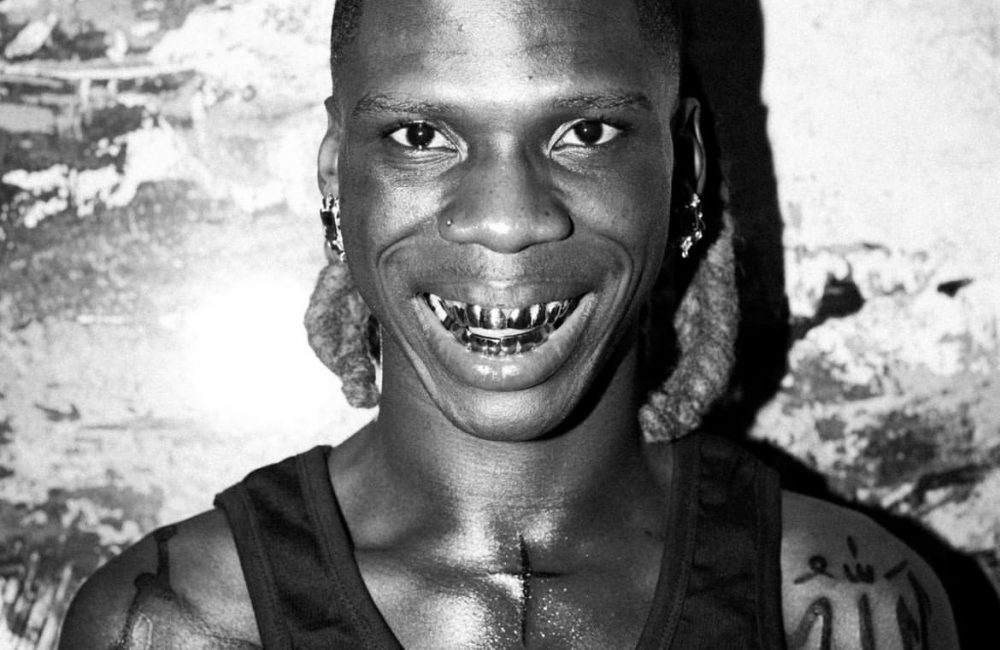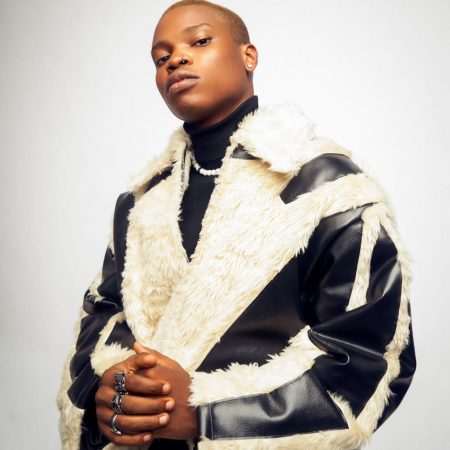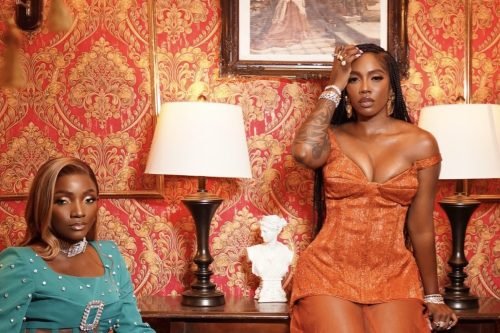Seyi Vibez remains one of the raving street artists whose music tells a story—a tale is connected to his music through his lyrics and visuals behind his songs.
The artist has been an Audiomack sensation who consistently ranks at the top of the trend chart for more than two years, starting at the time of the 2020 epidemic, despite just now earning his long-overdue exposure online.
It all comes down to understanding how his music is received by Nigerians and how one must have a thorough understanding of the artist’s background before elucidating the direction of his music. Internet tweeps have asserted that in order to appreciate Seyi Vibez music, one must be familiar with the artist’s style of music creation.
A boiling parallel has been drawn between the artist and the ever blooming Asake, a passionate promoter of afropop across the continent and the world, since the beginning of this month and up until this point. Seyi Vibez has been arriving with a full force that is comparable to Asake. Could the two artists share something fundamentally similar?
This author has very high opinion on the artist’s artistry and has given much thought to the fact that we must first connect with the artist in order to grasp his music.
The artist has the proclivity of amassing enthusiasts who are devoted to his roots, his art, and the purpose of his music; nevertheless, his abilities fall short of being able to attract fans who go beyond those who “understand where he is coming from.”
Simply put, the fact that you enjoy a Seyi Vibez song as a regular music fan who enjoys music from a variety of artists suggests that your musical preferences are nuanced as well as eclectic.
Despite the numerous conversations and discourse that one of his singles, Chance (Na Ham), sparked, this writer was flummoxed as to what the rumbling trend was about. People were attuned to this song not by their own volition but rather by pop-ups of the song in public places, which is a core area Seyi Vibez identifies with.
Seyi Vibez music has one thing going for it: it doesn’t connect with most people right away. Instead, it takes some time and patience to get inside the artist’s state of mind through his music. Like all music, it will eventually become ingrained in your skin via repeated listening, and you’ll realize that this artist, along with others like Zinoleesky, Naira Marley, and Jamopyper, is one of the many people carrying the baton for the future of street-hop.
The word that most describes Seyi Vibez’ most recent works is dainty. They surround and rest on the rhapsodies of his surroundings, pleasing whatever the environment pleases.
It meanders on a certain wave of religious rhythms and is wrapped around the finger of rich Yoruba music culture. His music is a raw spew of a greater percentage of Yoruba language and a mix of pidgin and English; it shows clearly the artist’s upbringing and determines the likelihood of his musical influences.
Billion Dollar’s audio, which is included with the video, is a reflection of both his musical interests and the cultural influence of his religion; it is slow, laced with a slick draw of high-pitched vocals, and devoid of the various components present in a typical street-pop song. This song is undoubtedly a street anthem.
The current fad is to compare Seyi Vibez’ music to that of Asake; music fans have critiqued that the artist has fostered some of Asake’s musical stylings and that this is helping him gain traction rapidly. Much talk is being made about him, both good and bad; as the saying goes, bad publicity can sometimes be good publicity.
Seyi Vibez stands out among the plethora of musicians flourishing in Nigeria’s music industry due to the distinctiveness of his music; he has garnered a following of listeners that comprehend the subtleties of his music, connect with his lyrics, and appreciate his musical magic. That alone offers tranquility and inspires the motivation of an artist; fortunately for musicians like Seyi Vibez, he has been able to find that balance, making it probably prudent to target a specific audience and understand that the music you compose will always reach this audience.












Leave a Reply